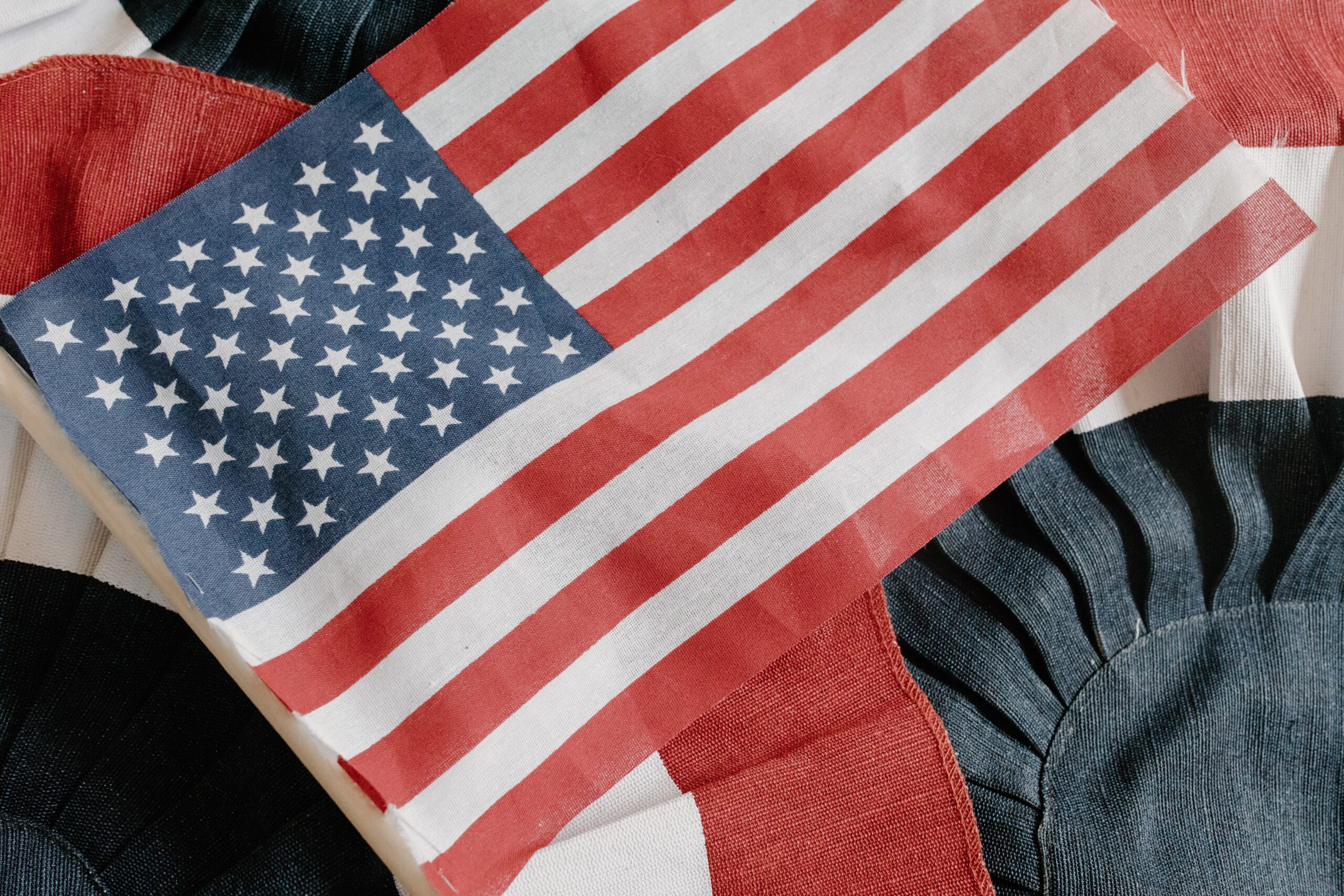In recent years, American politics have undergone a remarkable transformation in recent years. While there has always been a clash of ideologies between parties, it seems the nature of the race for election has been adopting elements typically associated with sports. This “sportification of politics” has led to a dynamic shift in the way political campaigns are run, public discourse is conducted, and the electorate engages with political issues. Let’s look at the implications, and the factors contributing to this intriguing evolution of the political arena to resemble a clash between teams.
Rise of the political spectacle
One key aspect of the sportification of politics is the rise of political spectacle. In a highly competitive environment, political candidates are increasingly resorting to theatrics, showmanship, and entertainment to capture the attention of voters. Rallies and debates have become spectacles resembling sporting events, complete with cheering crowds, catchy slogans, and even professional-grade stage setups.
The influence of media plays a significant role in promoting this spectacle-driven politics. The 24-hour news cycle and social media platforms amplify the theatricality, as candidates seek to generate captivating soundbites and viral moments. This shift towards spectacle has not only altered the presentation of politics but has also affected voter engagement, with some individuals focusing more on personality and entertainment value than on substantive policy issues.
The sportification of politics
Campaigning has become increasingly competitive, resembling a sporting event in its strategic nature. Candidates are now viewed as players, employing a range of tactics and strategies to outperform their opponents. Much like teams in a sports league, candidates assemble campaign staff and strategists, utilizing data analytics, voter targeting, and sophisticated messaging techniques to gain an advantage. Think “Moneyball” but on the political stage.
This sportification of campaigning also manifests in the form of debates, which are now staged as verbal contests where candidates vie to score points against their opponents. These debates often prioritize soundbites and quick comebacks over in-depth policy discussions.
The emphasis on winning moments rather than substantive dialogue can detract from the overall quality of discourse, leading to a shallow understanding of complex issues. More than anything, we feel this among how the vocal sides of the electorate approach what was once a purely ideological debate with the energy of an “us vs. them” encounter.
Fan culture
Sportification of politics has given rise to a distinct fan culture surrounding political figures. Supporters of candidates passionately rally behind their preferred “team,” often displaying loyalty similar to sports fandom. This intense devotion can create an us-versus-them mentality, leading to polarization and a reduced willingness to engage in civil discourse.
Sportification of politics has given rise to a distinct fan culture surrounding political figures. Supporters of candidates passionately rally behind their preferred “team,” often displaying loyalty similar to sports fandom. This intense devotion can create an us-versus-them mentality, leading to polarization and a reduced willingness to engage in civil discourse.
The sportification of politics in the United States represents a significant shift in the way politics is conducted, transforming it into a highly competitive and entertaining spectacle. While this phenomenon has increased political engagement among some segments of the population, it also carries risks.
The focus on spectacle and competition can overshadow substantive policy discussions and deepen partisan divisions. As the sportification of politics continues to evolve, it is crucial for citizens and policymakers alike to consider its implications on democratic processes and strive for a balance between entertainment and thoughtful discourse.









































